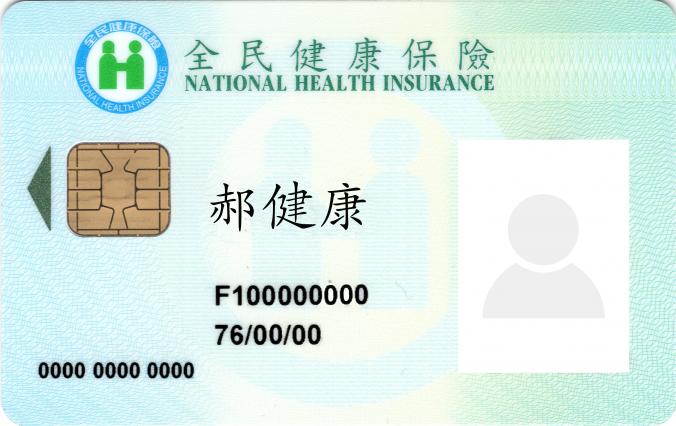
Consistently rated near the top for healthcare systems worldwide, Taiwan provides healthcare for all citizens and residents by the National Healthcare Insurance system.
A single-payer, compulsory universal healthcare system, the NHI provides guaranteed medical coverage for all of its subscribers at any member hospital or clinic. While the system itself is publicly owned, the operation of the system is structured as a non-profit corporation, allowing it to function more in-line with the capitalist market found in Taiwan. Member clinics and hospitals are primarily privately owned and operated, and derive profits from their participation in the system and care of patients. Along with some public hospitals, these private enterprises provide choice to healthcare recipients and compete for patients, ultimately providing a high level of care and patient support in order to ensure profits for the owner of the clinic or hospital.
In general, most services, from screening for a routine cough at a clinic to cancer treatments, will be covered by the NHI. The patient is responsible for a 'registration fee', which ranges from US$5 to US$15 per visit (known as a co-pay in other systems), where the patient can choose their doctor or clinician for an appointment during a given time interval. This registration may be done in person at the clinic or hospital, over the phone, or online at some locations. Emergency services are priced differently, sometimes up to US$30, therefore the public is encouraged to utilize the standard registration system to ease the burden on emergency services.
Healthcare in Taiwan is guaranteed by the NHI under the Republic of China Constitution (Taiwan government, not PRC China), and was officially launched on March 1, 1995. Previously, healthcare in Taiwan followed the American model of multiple insurance companies, however, in 1986 during the democratization of Taiwan, the government began working towards a single-payer system to improve the stability of the healthcare system in Taiwan and guarantee the general welfare of the Taiwanese people.
After 2003, the system evolved into an electronic system, with members of the public issued IC cards with a chip (similar to recent versions of credit cards). These cards provide secure access to medical records by doctors and clinicians, as the card must physically be present and plugged into a card reader in order to de-encrypt the patient files. This process ensures that patient files and histories are securely stored and not accessible unless the card is present. Patient records are stored exclusively in the English language, providing a benefit to English speakers as all doctors must be familiar with English medical terminologies, including practitioners of Traditional Chinese Medicine.
Membership fees for this medical system are rated based upon income. The member is responsible for 30% of the fees, while the employer is responsible for 60%, and the government will subsidize 10%. For the average person, the total amount due to the insurance company will not exceed US$100, of which the member should pay 30% from their salary, or roughly US$30 per month.
Most standard services and medications will be covered by the insurance system, while the patient may be expected to pay a minor percentage, especially with regard to surgery, visits requiring overnight stay, or extended therapies. These charges, however, are minimal where taken in comparison with costs in other countries such as the United States and may amount to less than US$100. Premium services, such as patient selection of a specific medication that may not be covered by the system (such as epidural during childbirth) or a nicer hospital room, may result in additional charges determined by the clinic or hospital, however, due to intense market competition, these charges are not cost-prohibitive for many.
The system is notable for inclusion of services such as Traditional Chinese Medicine, full dental, and optical eye exams, as well as specialist clinics such as OBGYN, dermatology, mental health, neurology, X-Ray and other scans such as CT and MRI (if ordered by a doctor/clinician), physical therapy, and any other clinic service that has enrolled itself into the NHI system. Services which may be rejected by the system include elective procedures, such as cosmetic surgery, and abusers of the system.
The system is compulsory, meaning that all citizens are required to be enrolled in the system, as well as foreigners who have residency status in the country. International students may be required to enroll depending on the duration of their stay in the country, and foreign workers are enrolled as well as they are residents.
Taiwan is a popular destination for medical tourism due to its very high standard of care and relative cost advantages, even for those not covered by the NHI system. Popular treatments for visitors to Taiwan include cosmetic surgery, full-body medical scan and exam (which may be had for around US$750), LASIK eye correction, dental services such as crowns or related procedures, and women's health services.